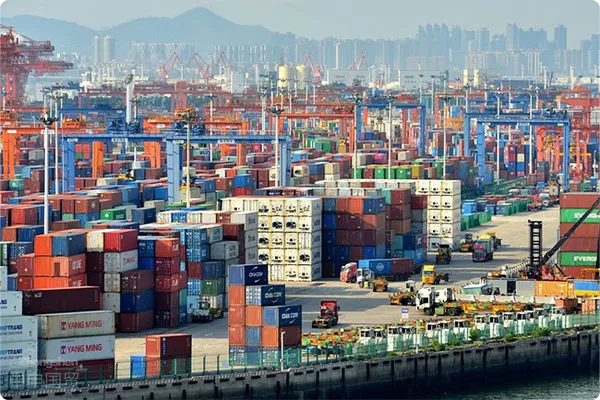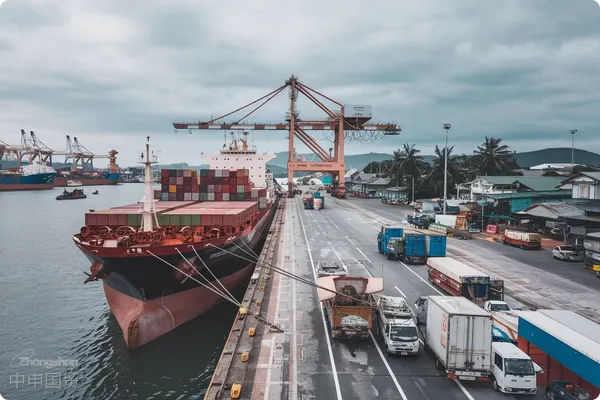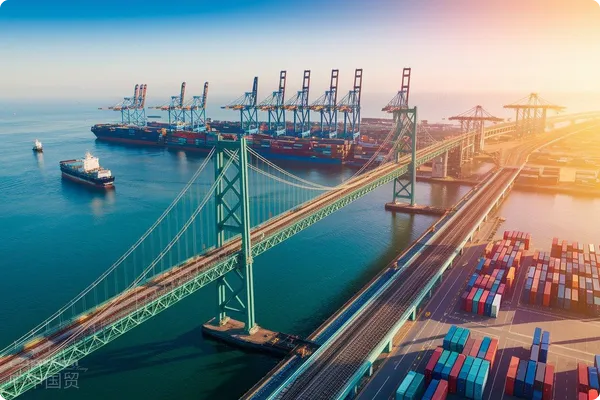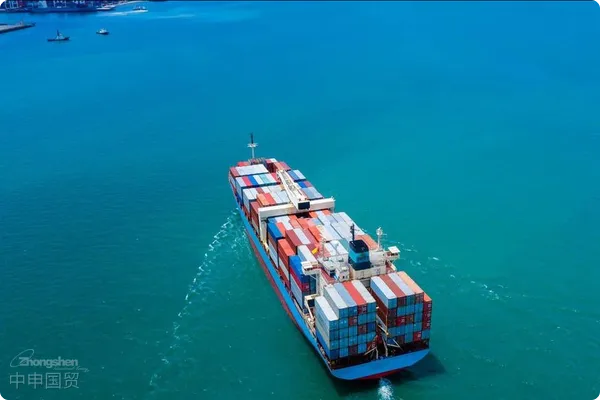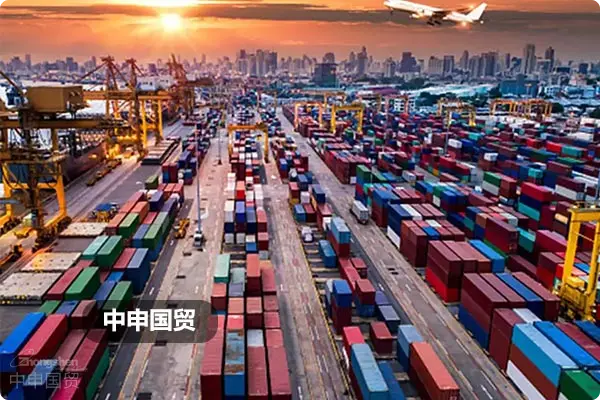- Shanghai Zhongshen International Trade Co., Ltd. - Two decades of trade agency expertise.
- Service Hotline: 139 1787 2118
In theforeign tradeIn the industry, incidents of client disconnection and cargo detention occur frequently, especially in large-scale, high-risk transactions. Faced with such complex situations, calm analysis and decisive action are crucial.

Current Status of Cargo Detention and Emergency Handling
Currently, eight containers of goods have been detained at the port for nearly two months, with accumulating demurrage fees and potential auction risks becoming increasingly severe. The risks associated with detained cargo not only directly threaten corporate profits but may also strain relationships with factories and other partners.
By contacting the destination port agent, companies can obtain detailed information about the cargos status and potential solutions. If demurrage fees have accumulated to a significant level, immediate action is necessary, such as seeking local partners to assist in resolving the detention issue. Meanwhile, for the remaining 12 unshipped containers, operations should be suspended immediately to avoid further financial pressure.
Coordinating Responsibilities Between Sinosure and Factories
Under the current circumstances, Sinosure serves as a critical tool for mitigating losses. Although the claims process is lengthy, initiating it promptly is key to stabilizing cash flow. Additionally, clear delineation of responsibilities with factories is essential. Since the contract was signed directly by the factory, maintaining open communication to discuss joint solutions, particularly in sharing potential losses, is necessary.
Multiple Attempts to Reconnect with Clients
Dispatching representatives to the clients country for on-site investigations and verifying the clients actual information is an important step toward resolution. Checking the clients registered and physical office addresses and leveraging local chamber of commerce or legal resources may yield breakthroughs. Furthermore, preventing clients from repurchasing goods at low prices through auctions should also be considered.
Follow-Up Actions and Lessons Learned
This incident highlights multiple risks in foreign trade operations, necessitating process improvements in several areas. For example, transactions in African markets should significantly increase prepayment ratios to at least 30%-50%. Client credit checks should be more stringent, utilizing third-party platforms or insurance mechanisms. Additionally, clear clauses on demurrage cost-sharing should be included in contracts to prevent similar issues.
Future-Oriented Preventive Measures
Long-term clients do not equate to zero risk. Every order requires strict process management and clear responsibility allocation. In future transactions, optimizing operational terms and enhancing risk awareness are key to maintaining healthy business development. Through reflection and improvement following this incident, companies can accumulate valuable experience for greater success in their foreign trade journey.
Related Recommendations
Contact Form
Learn
Contact Us
Email: service@sh-zhongshen.com
Related Recommendations
Contact via WeChat

? 2025. All Rights Reserved. Shanghai ICP No. 2023007705-2  PSB Record: Shanghai No.31011502009912
PSB Record: Shanghai No.31011502009912
